"I think mo-cap is dumb": Moon Studios' Thomas Mahler on the art, science, and magic behind Ori and the Will of the Wisps
How Ori and the Will of the Wisps channels the golden age of animation to tell a story without words
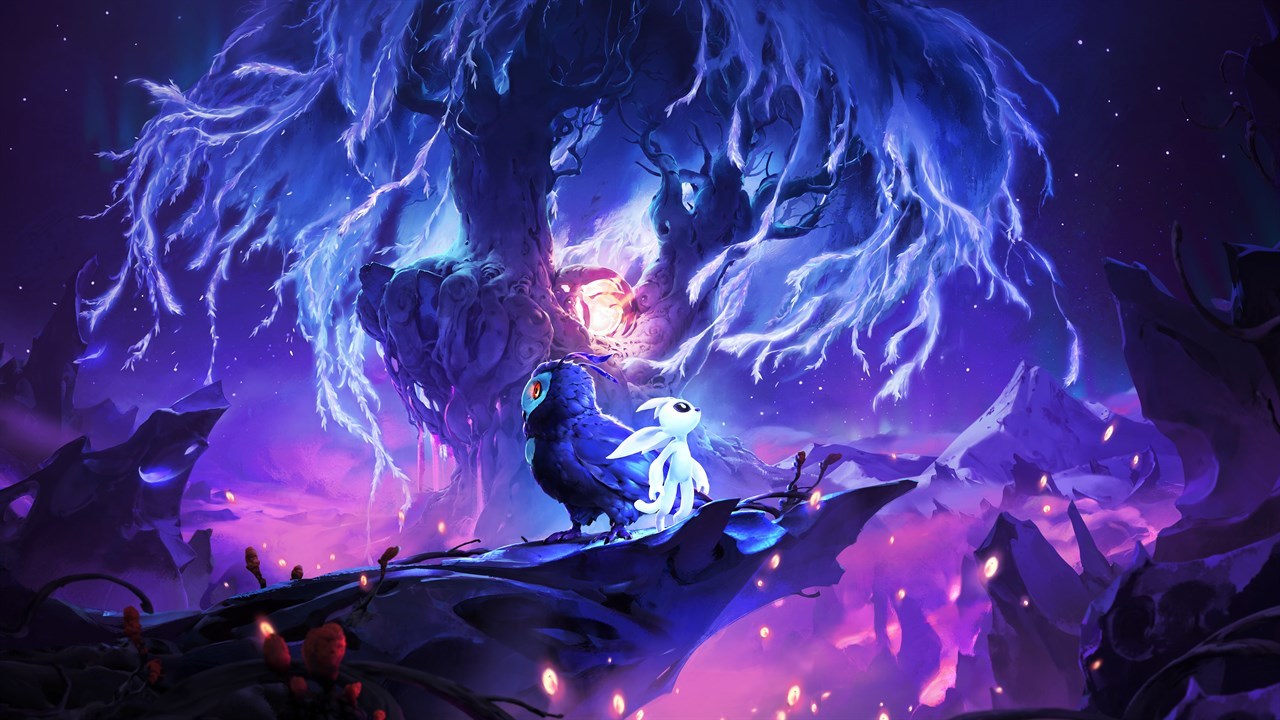
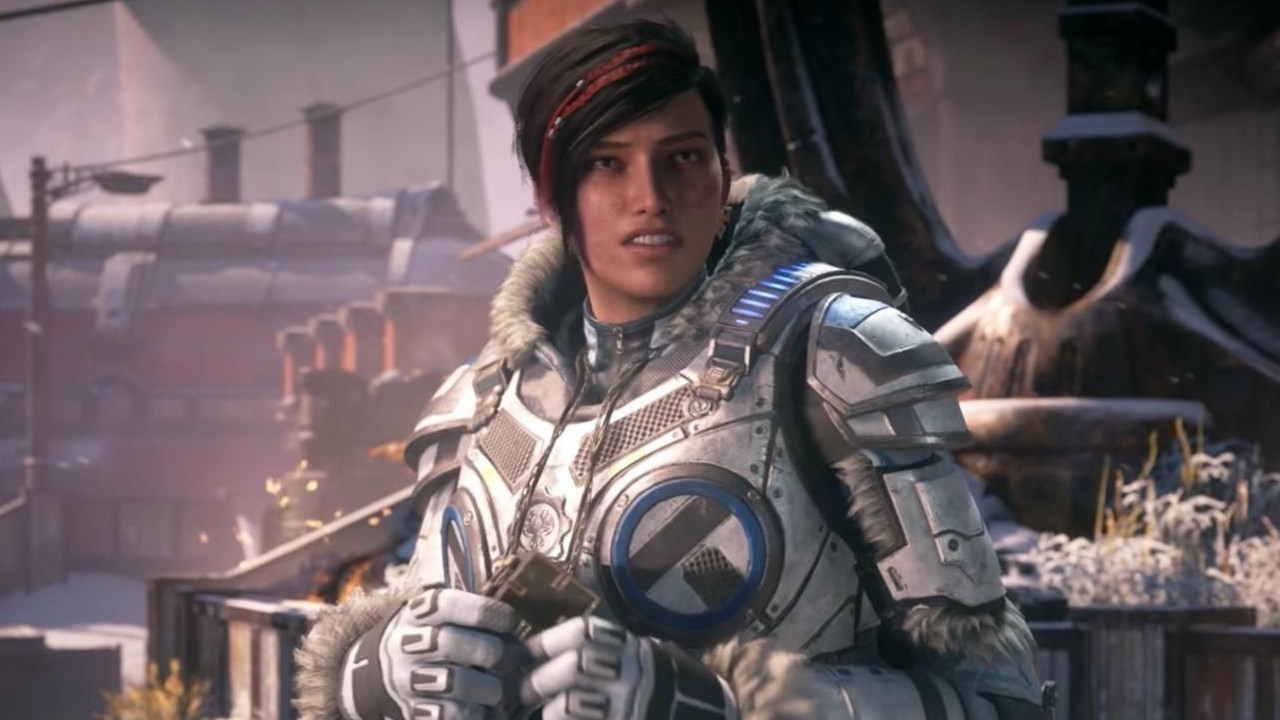
The best Xbox One games of all time
Timelessness is one of those treasured descriptives that every game aims for, but few manage to reach. Moon Studios' Thomas Mahler – the game director behind Ori and the Blind Forest and its upcoming sequel, Ori and the Will of the Wisps – has a theory as to why that is.
"All of these games are pursuing the most advanced graphics with higher resolutions, textures, and everything else. But the problem is that technology is always evolving, and it only takes a few years before a game that once looked amazing suddenly… doesn't. I was just playing The Witcher 3 the other day; that game launched in 2015, but it already looks kind of dated next to something like Red Dead Redemption 2, which came out just three years after it."
Ori and the Blind Forest, meanwhile, launched two months before CD Projekt Red's fantasy RPG, but players discovering Moon Studio's critically-acclaimed platformer for the first time on Nintendo Switch (a platform it launched on last year) are still marvelling at its preternatural beauty to this day. There's no denying it; even the fastest frame rates and most voluptuous volumetrics can't hold a candle to the universal charm of hand-drawn animation.
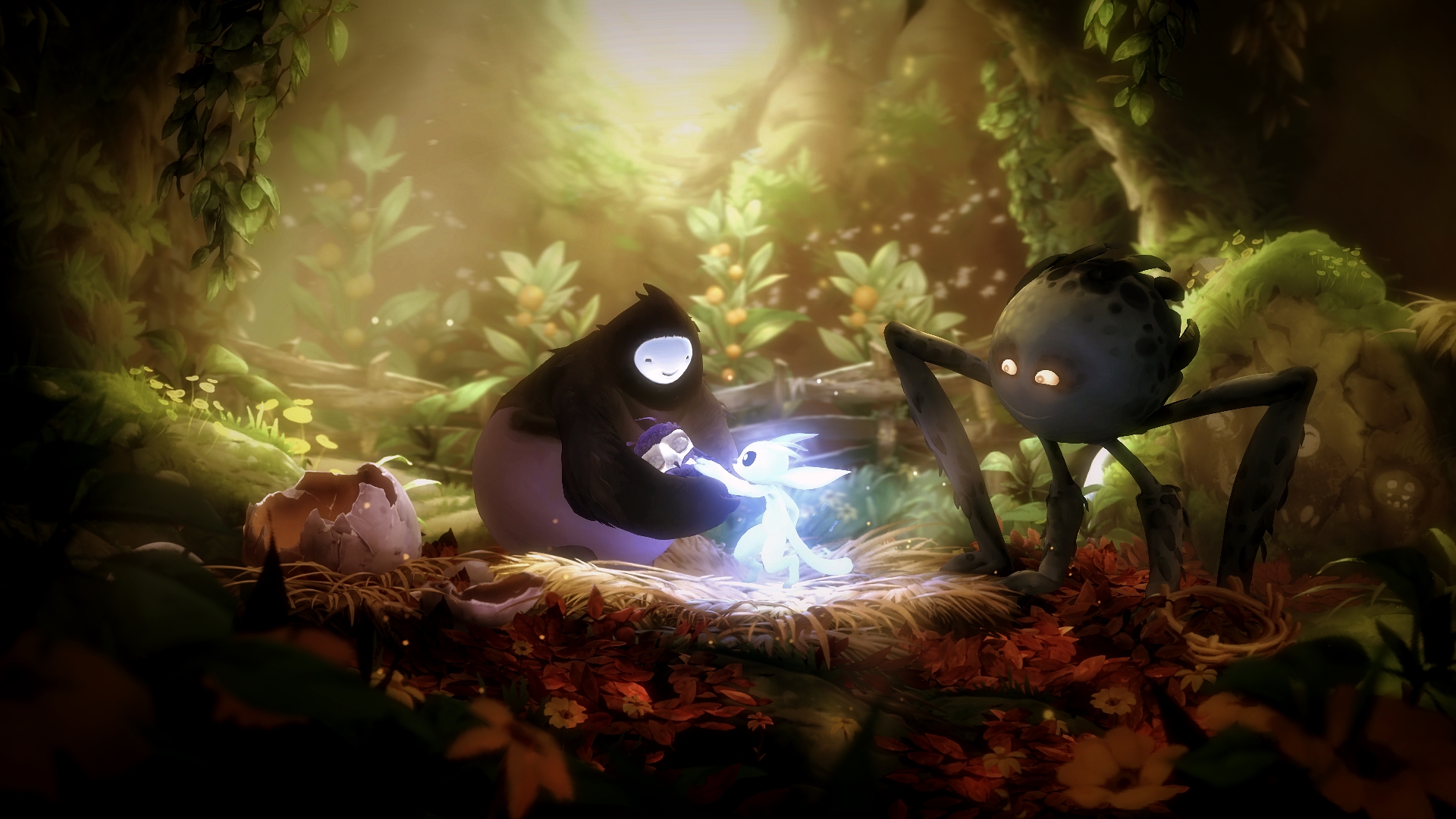
"I think motion capture is dumb," continues Mahler, game director on both Ori and the Blind Forest and it's upcoming sequel, Ori and the Will of the Wisps. "All the animations look kinda stilted and wooden [through mo-cap], whereas with Ori we're able to put so much expression into each character, conveying their mood, personality, and intention completely wordlessly."
To the moon and back
A self-confessed aficionado of the animated form, my conversation with Mahler touches on everything, from Studio Ghibli to The Triplets of Belleville, to exemplify his love for the immutable qualities of the craft. This isn't to say that Moon Studios hasn't felt the obligation to raise its own bar for Ori and the Will of the Wisps, though, especially given the unforgettably awe-inspiring visuals that first enraptured player's eyes, hearts, and minds half a decade ago with Ori and the Blind Forest.
On the contrary, Mahler details the exhaustive work that has gone into making the world and characters of its miasmic setting look more breathtaking than ever for its platformer follow-up, which is approximately three times the size of Ori and the Blind Forest.
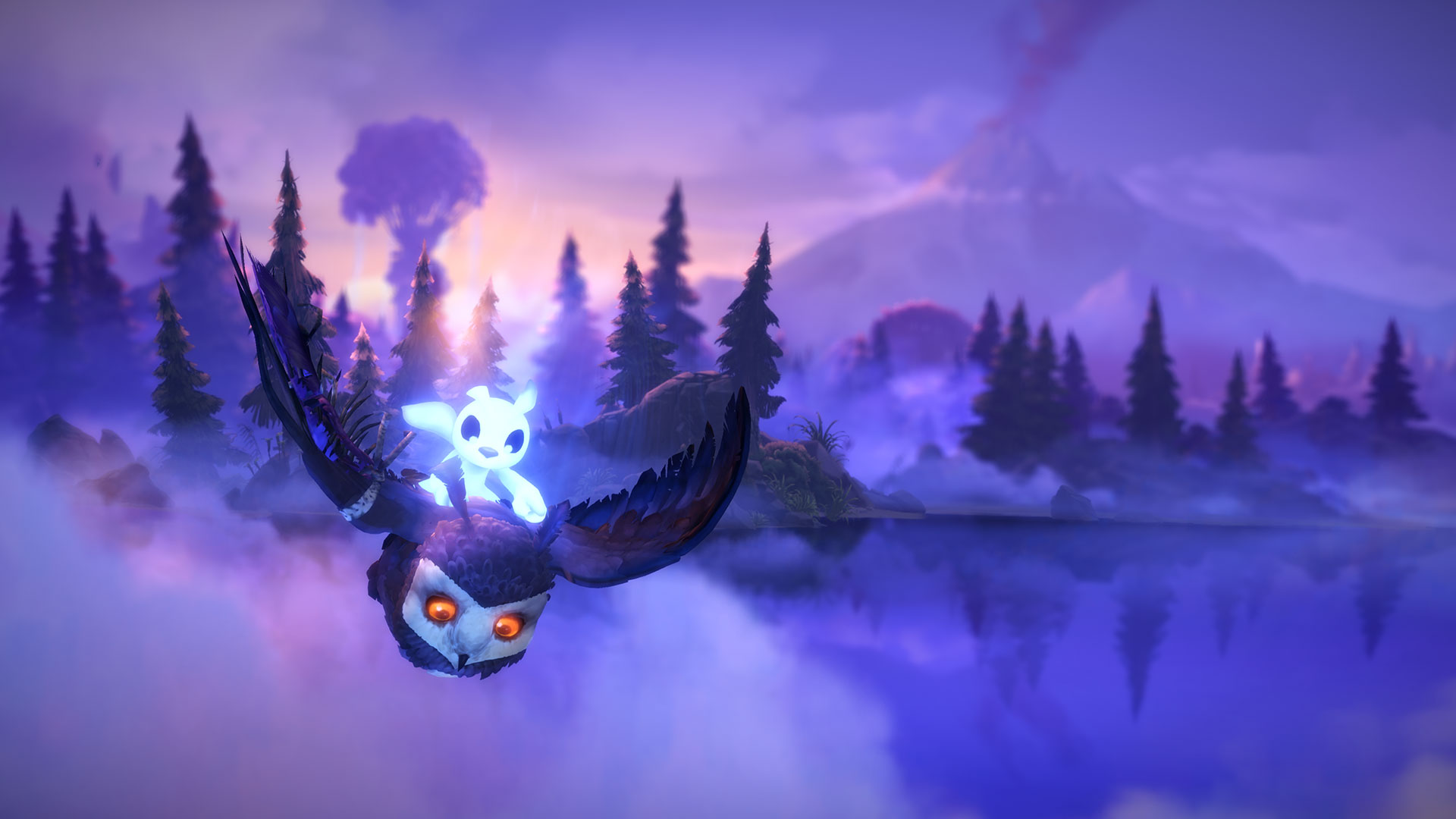
"We're able to put so much expression into each character, conveying their mood, personality, and intention completely wordlessly."
Thomas Mahler
"One of the things we said from the beginning is that we didn't want to just repeat what we did with the first game, but really expand on the world," he tells me. "Our animation team is ridiculously talented. We have people who come from places like Disney and Pixar, and I think it shows."
Sign up to the GamesRadar+ Newsletter
Weekly digests, tales from the communities you love, and more
Take Ku, the baby owl last seen hatching from its egg at the end of Ori and the Blind Forest. He's the sole surviving legacy of the original game's main villain, Kuro, but Moon Studios has gone to great lengths to portray Ku as a character that the player should care about, especially as Ori begins to see him as a surrogate younger sibling. Ori and the Will of the Wisps' prologue, which Mahler reveals the team spent close to a year perfecting, does a fantastic job of presenting Ku as a part of the family from the get go.
A key avenue for that kind of characterisation is Moon Studio's use of sound effects. Its colourful cast of creatures may not be able to talk, but they certainly make noises, and everything, from the intonation of a joyful chirp to the timbre of a sonorous growl, is carefully crafted to telegraph exactly what its originator is feeling at any time. Describing both music and sound as "integral" to steering the rhythms and tone of Ori and the Will of the Wisps story, Mahler explains how Moon Studios integrates sound design into its development pipeline.
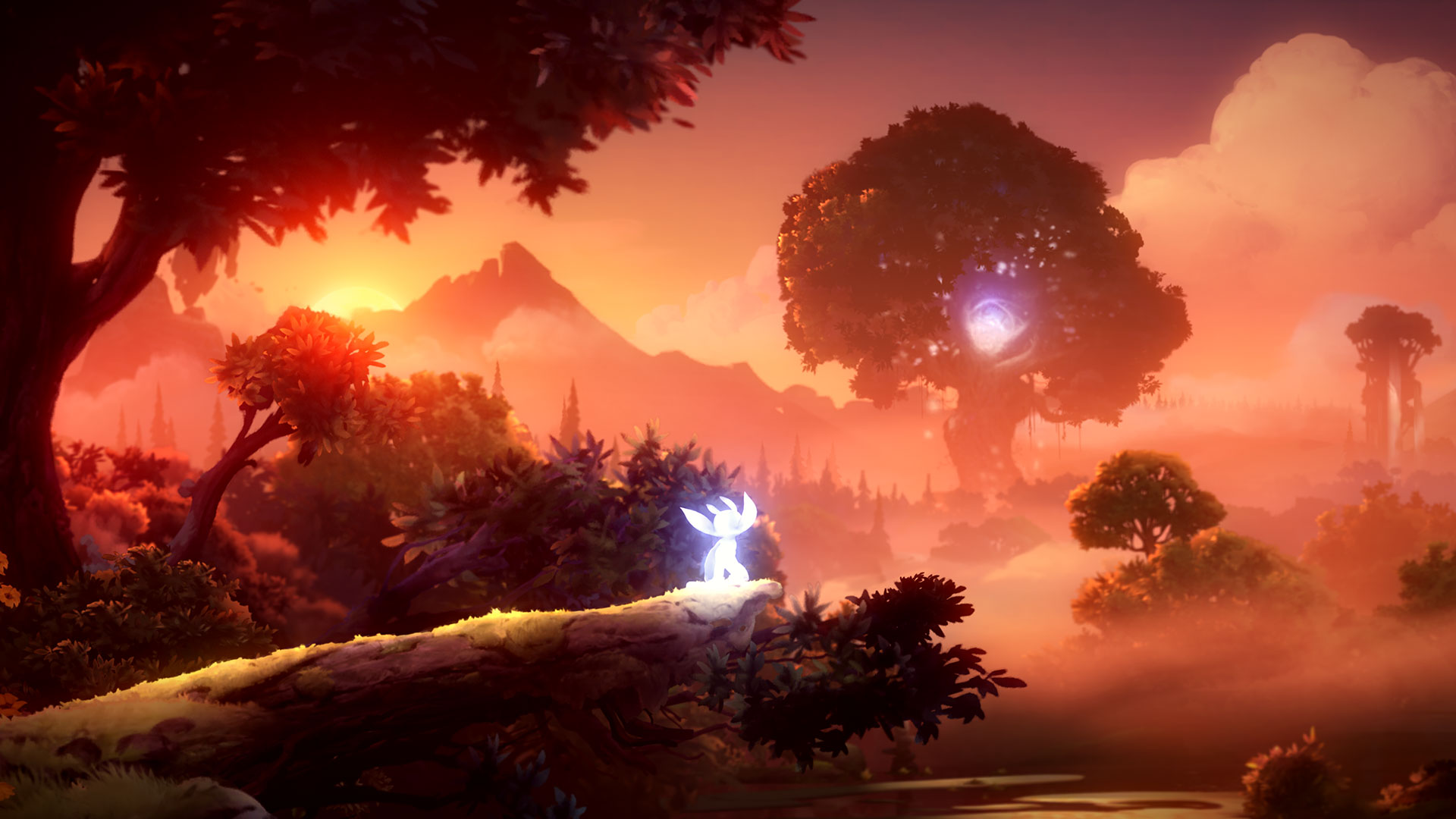
"We partnered with two different sound effect studios from the very early stages of Ori's development, as it was really important to be able to work with them from the beginning," says Mahler. "That way, we can send over concept art for a character, and say, 'Hey this is what we think this guy should sound like', and from there it's a process of constant iteration and feedback to get the noise just right."
If Ori and the Blind Forest was a "coming of age story", says Mahler, then Will of the Wisps is about "the second half of life", suggesting the original game's themes of loss, love, and kinship could transition into a more matured meditation on adulthood, responsibility, and the privileges and challenges of caring for others.
"Make of that what you will," he teases, conscious of spoiling anything for those who want to jump into the game blind (if you'll pardon the pun). Given Ori and the Blind Forests' emotional pilgrimage, however, one thing is guaranteed; We'll all need a box of tissues to hand when Ori and the Will of the Wisps launches for PC and Xbox One - available to buy separately or as part of Xbox Game Pass - on March 11.
For more, check out more upcoming Xbox games for 2020 and beyond, or watch our latest episode of Dialogue Options below.
I'm GamesRadar's Features Writer, which makes me responsible for gracing the internet with as many of my words as possible, including reviews, previews, interviews, and more. Lucky internet!



